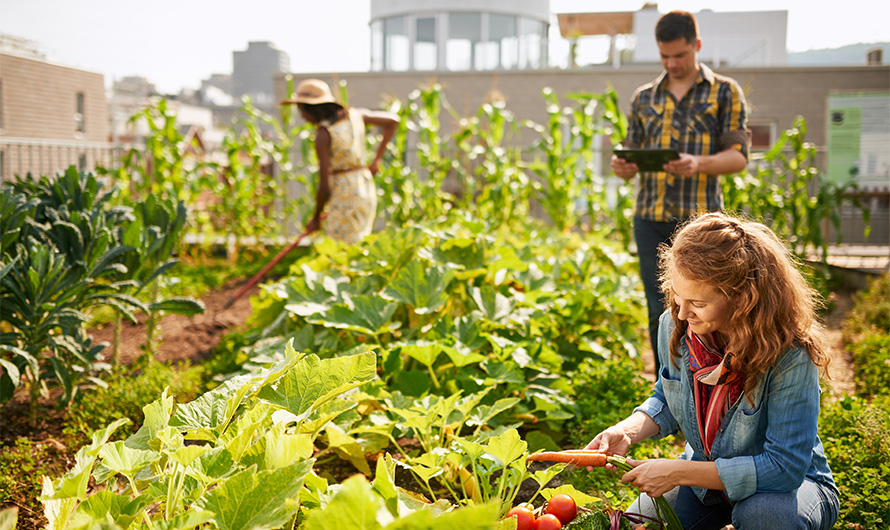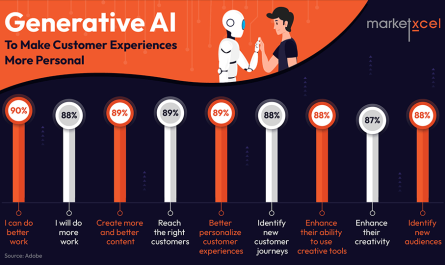“Sustainable food” is a concept that has gained attention in recent years as we all strive towards a better future for ourselves and our families. With over 8 billion people to feed, it is essential that we take better care of our planet and use its resources more responsibly. However, understanding what sustainable food means and what it takes to achieve it is not widely known beyond expert circles. Most people have a limited understanding of sustainable food, and that’s why it’s crucial to raise awareness and educate the public about this important issue.
That’s why sustainable food got our attention at Datadiggers. In short, food sustainability means ensuring food security and nutrition for everyone, while the means used for production do not harm the environment or compromise its ability to meet the needs of future generations, are economically sustainable (profitable for all involved in the production and distribution chain) and socially sustainable (benefiting the food workers, consumers, and society in general).
With this in mind, we set out to dig for answers that the key stakeholders – policymakers, food scientists, food producers, and any other relevant information providers from Singapore (such as mass media or educational institutions) – can use to shape the communication related to food sustainability, in order to successfully engage with the public.
Here are some of our findings:
- Singaporeans are generally open towards the sustainable food idea. After all, it’s about a Greater Good, one which all of us should benefit from.
The most familiar trait was environmentally friendliness, but even this was mentioned by a minority (less than one in five people). Other key traits – such as food security, social fairness, and concern for future generations – were barely brought up.
It turns out that many have a fuzzy, idyllic image in mind – a lot of “plant based / vegan / vegetarian” descriptions and quite a few “natural / organic” mentions.
We all know that there are a lot of products today which are not sustainable by any means, yet they are labelled 100% plant-based. Even the “Organic” labels are manufactured on certification processes that focus on reducing the bad impact on the environment, but in reality they do not guarantee social fairness in any way.
Besides, a lot of people use generic attributes such as “bio”, “healthy”, “nutritious”, “organic” but any food is expected to NOT pose any danger to you and, ideally, to also be tasty and nutritious. Thus, it is not surprising that some of the technologies that stray too far from the “traditional / natural” ideal, which are explored as sustainable options, are met with a significant degree of reticence. Genetic engineering and its products (popularly known as GMOs) has been surrounded by controversy for quite some time.
- Proponents of other new technologies should be careful to avoid similar pitfalls.
Of course, when judging the potential of each technology, people are influenced by personal preferences. The new, “unnatural” technologies, have the lowest degree of acceptance and also a low perceived potential. You have to keep that in mind when engaging people on the topic of one of these controversial technologies; try to allay people’s fears before starting to praise the technology’s benefits.
There are strong positive signs. These new approaches are indeed controversial (but not flat-out rejected by the majority of people). As the novelty drifts away, people will get used to it and will be more willing to give it a try. Proper education and communication will speed up this process.
People seem to understand that the pursuit of food sustainability requires work and resources, and most of them are willing to buy sustainable food products at a premium compared to similar, but less sustainable ones. It’s hard to predict how much more they will actually pay when the time comes, but the willingness is there.
The road toward sustainable food is undoubtedly long and arduous. It will not happen overnight.
Public support will help us a lot, since such change is about to have a positive impact for everybody. Do you want sustainable food to advance in a quick and sustainable manner? You have to shape people’s awareness to better align with what the experts prove to be true. You should aim to create a powerful and attractive overall “Sustainable Food” idea based on facts. One which people would know is worth paying for and would not feel dismay. For now, “Sustainable Food” looks much more like a marketing trope, devoid of any substantial meaning, rather than an inspirational idea.
You need some leads to start working towards the change, and we believe we found a few that might help shape a more clear and closer-to-reality public image about sustainable food and some technologies with great potential in this field.
For more info about this topic, and our analysis on the subject, please make sure to join us at MRMW APAC 2023, on April 18th and 19th. We will be presenting our research insights at 10:00 AM, on the first day of the conference. Can’t wait to meet you there!











 by
by 

